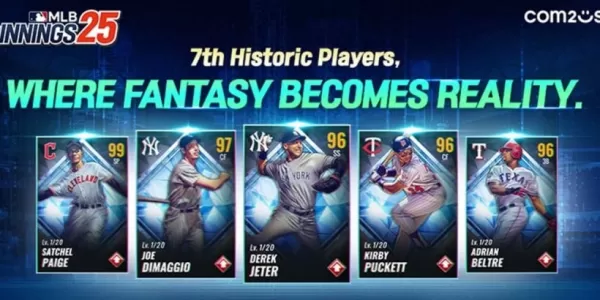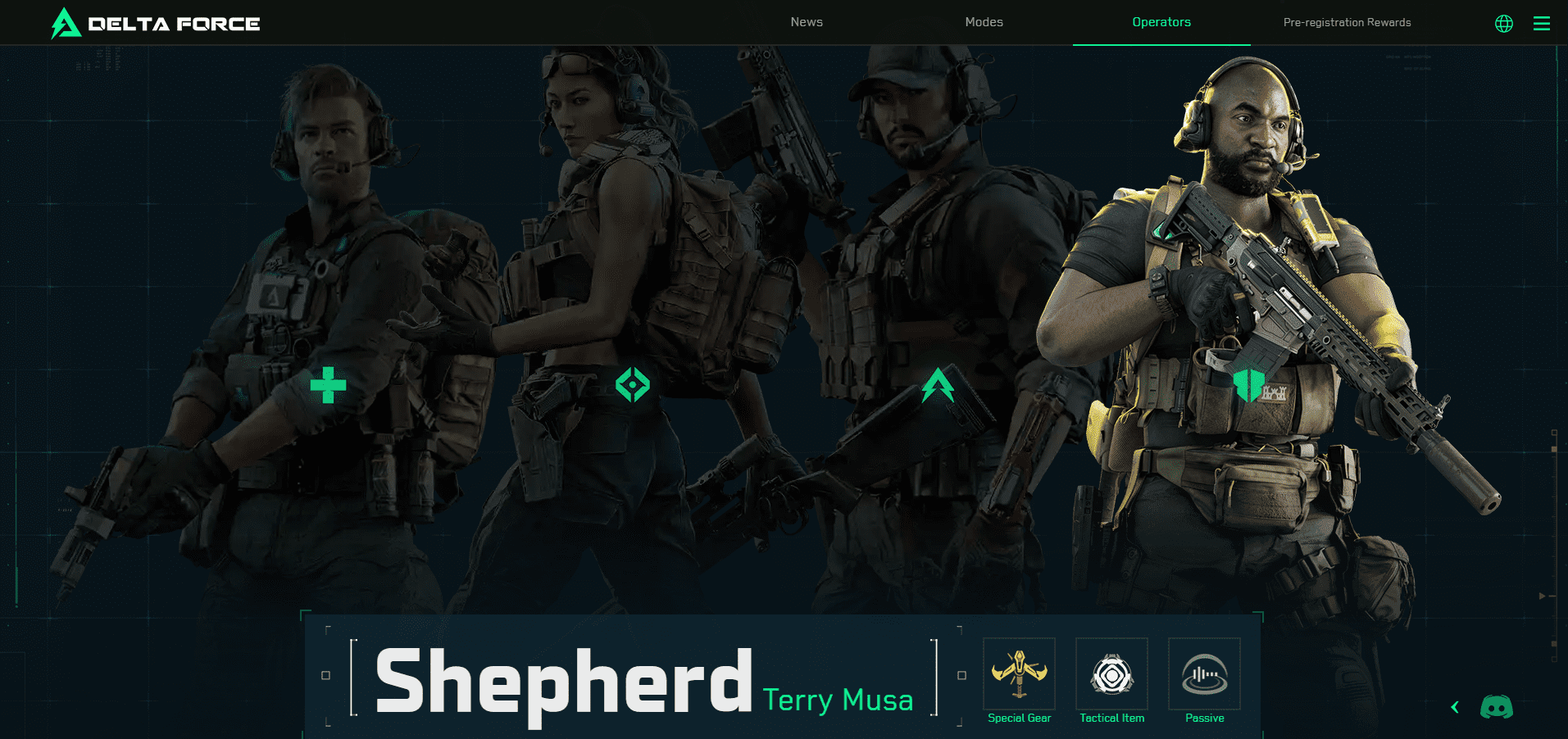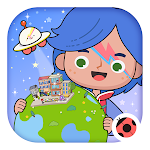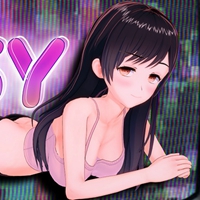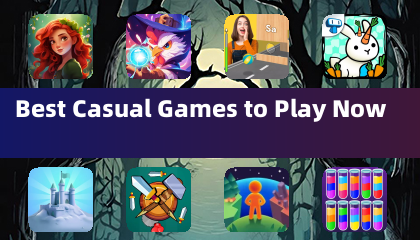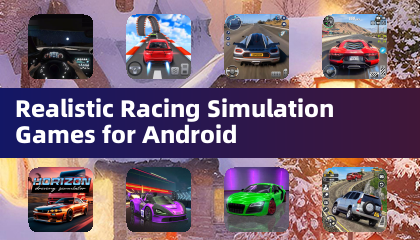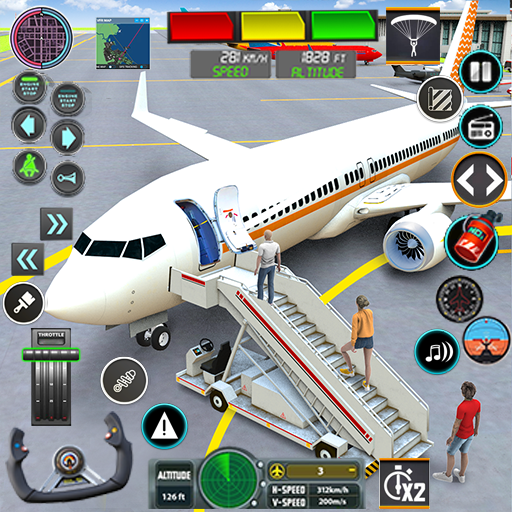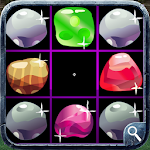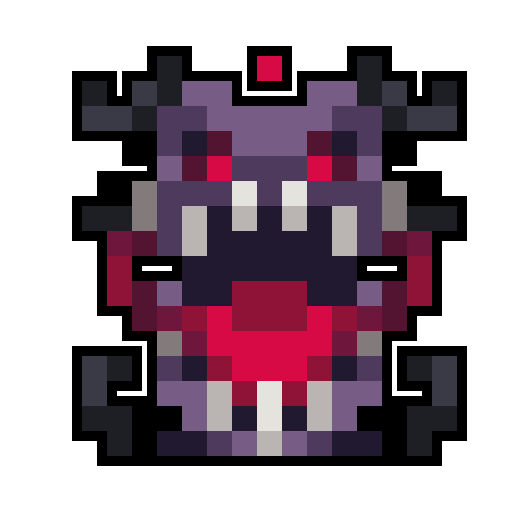Ever since Nintendo officially revealed the Switch 2, anticipation has been building around the upcoming April Direct. This event is expected to unveil the official release date, pricing, and a confirmed lineup of games for the new console. Surprisingly, just a week before this major announcement, Nintendo released another Direct, featuring high-profile titles like Pokémon Legends Z-A and Metroid Prime 4. Given Nintendo’s commitment to backward compatibility, this move, although unexpected, makes sense.
Before this week's Nintendo Direct, the company set expectations by stating, "There will be no updates about Nintendo Switch 2 during the presentation." While technically true, as the Switch 2 was only mentioned in relation to the upcoming Direct and the new Virtual Game Card sharing system, it's reasonable to assume that all games showcased will be compatible with the Switch 2. Officially, these games are slated for release on the original Switch, but the implication is clear: they'll be playable on the new console as well.
This approach benefits everyone. Fans of the original Switch have plenty to look forward to as the console enters its eighth year, while those upgrading to the Switch 2 can enjoy an extensive library of games right from the start. Nintendo's dedication to backward compatibility is setting the stage for what could be one of the smoothest transitions between console generations ever seen. By focusing on maintaining compatibility rather than pushing new hardware features, Nintendo ensures that all players feel included, whether they're ready to upgrade at launch, later on, or prefer to stick with their current Switch.
The decision to showcase numerous Switch games just before a dedicated Switch 2 Direct is a testament to this inclusive strategy. Beneath the surface, Nintendo is laying the groundwork for the transition. A prime example is the introduction of the Virtual Game Card system, which allows Switch owners to link two consoles and share digital games. This feature, akin to Steam's family sharing system, is particularly timely given the rise in digital game sales. Announcing it at the end of the Switch's lifecycle, right before the Switch 2 launch, is a strategic move to facilitate an even smoother transition.
Some have noted that the fine print for the Virtual Game Card system mentions a "Switch 2 Edition" for certain games. Whether this refers to exclusive enhancements, re-releases that only work on the Switch 2, or another feature altogether remains unclear. However, similar to Nintendo's earlier statement about certain Switch games possibly not being fully compatible with the Switch 2, this fine print likely serves as a precaution for any games that might not be shareable between the two systems.
Ultimately, Nintendo's approach to the Switch 2 transition resembles Apple's iPhone upgrade strategy: there's no obligation to upgrade, but doing so offers benefits, and you can bring your existing games along. This thoughtful strategy ensures a seamless and inclusive transition for all Nintendo fans.

